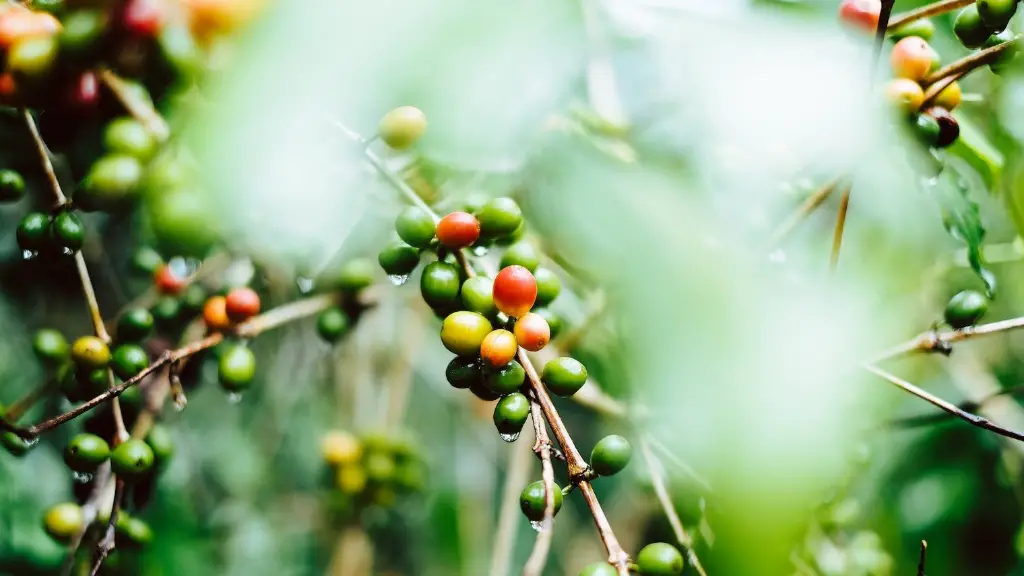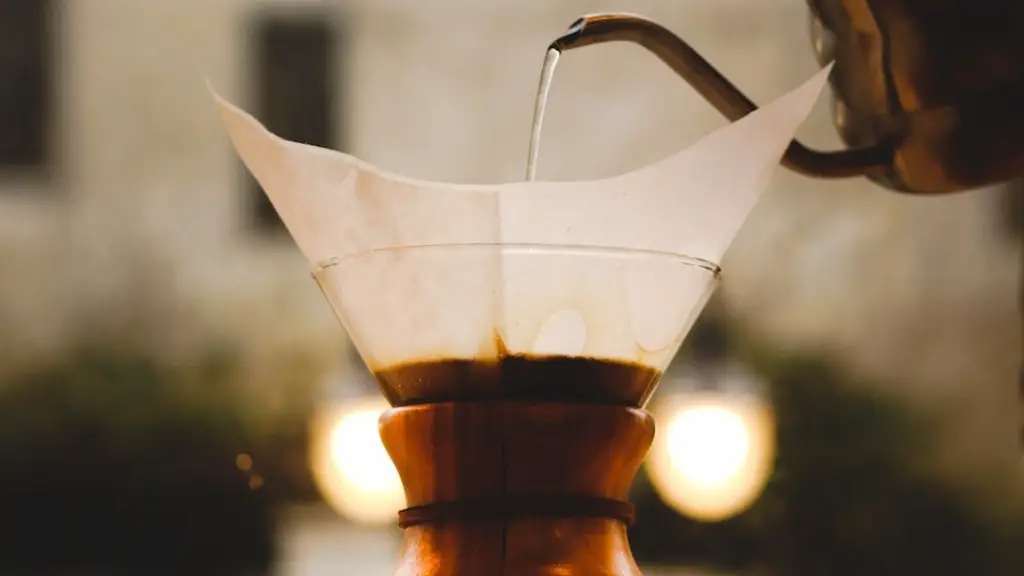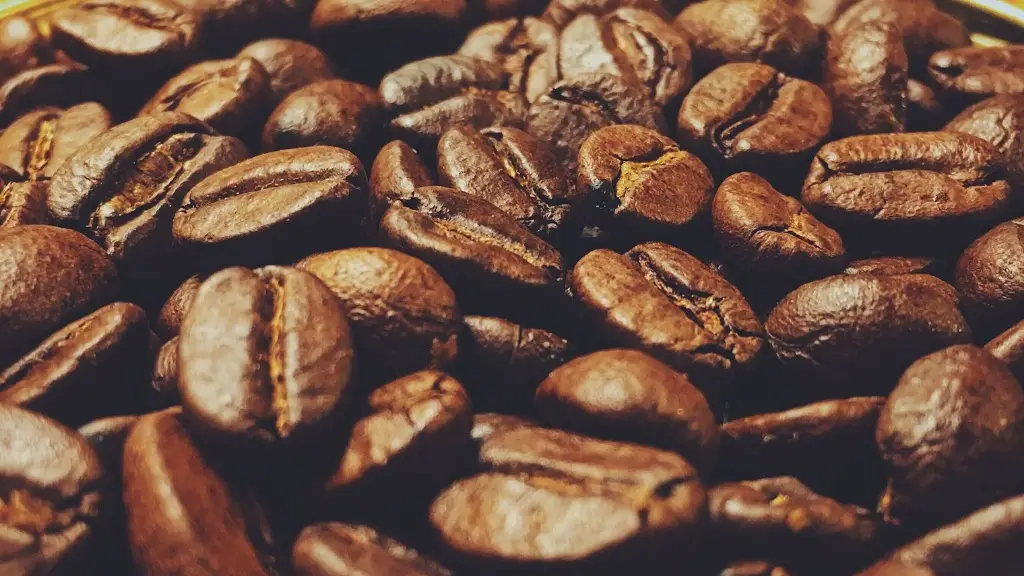When you’re breastfeeding, it’s important to stay healthy and well-nourished. In certain cases, this can mean avoiding caffeine. After all, caffeine is one of the most popular stimulants in the world, and it affects each individual differently. If you’re breastfeeding and thinking of having coffee, there are some factors you should consider, as well as a few tips to help you make an informed decision.
Firstly, it’s important to know that caffeine is a stimulant and has a very short half-life, meaning it doesn’t stay in the body for long. Caffeine from coffee is believed to be passed on to your baby’s system via your breast milk, which is why most midwives advise against drinking too much coffee when breastfeeding. Although it’s unlikely to harm your baby, it is possible for your baby to be affected by caffeine as it directly passes into your breast milk.
Drinking coffee when breastfeeding depends on your individual tolerance of caffeine and your baby’s sensitivity to it. If you’ve been drinking coffee regularly prior to giving birth, then you’re likely to have developed a higher tolerance for caffeine, however it’s still recommended to have no more than two cups per day. While some mothers may be able to handle more, it’s important not to test this, as too much caffeine can make your baby irritable and fussy.
It goes without saying that all stimulants should be avoided late in the evening, as coffee can make it difficult to fall asleep and stay asleep. Consuming large amounts of coffee can also lead to dehydration, which can cause your baby to become dehydrated too. That’s why it’s important to keep hydrated with plenty of water alongside your coffee consumption.
Experts recommend limiting your caffeine intake to no more than three cups per day. However, you should also consider your diet and lifestyle, as well as that of your baby. If your baby is not sleeping well or is cranky, then you should consider limiting your intake of caffeine. Similarly, if you feel that your own energy levels are too low or are affected by caffeine negatively, then it’s probably a good idea to cut back on coffee.
It’s always important to remember that drinking coffee when breastfeeding is an individual decision. Every mother is different and will have their own set of needs and preferences. Everyone’s reaction to coffee consumption may vary, so you should always evaluate your own personal situation and follow the advice of your healthcare provider.
Controlling Intake
One of the most effective ways of controlling caffeine intake when breastfeeding is to limit your intake of certain foods and drinks to one cup per day. This means drinks like coffee, tea, soft drinks and energy drinks. Adding milk to a cup of coffee can also reduce the amount of caffeine passing through your system, as caffeine binds to fat molecules, so having milk in your coffee can help lower your caffeine intake.
It’s also important to note that many foods contain caffeine, such as chocolate and certain cereals. Eating too much of these foods can also increase your caffeine intake, so it’s important to be mindful of what you’re eating and how much of it.
If you’re unsure about your caffeine intake, keeping a log of your daily foods and drinks can help you track how much caffeine is going into your system. This will help you make an informed decision about how much caffeine to consume while breastfeeding.
Other Considerations
In addition to managing you and your baby’s caffeine intake, there are also other considerations. When breastfeeding, it’s important to maintain a healthy diet, as this will help your body produce enough milk for your baby. Make sure to get plenty of rest and be mindful of your stress levels. When you’re well-rested and stress-free, you’re more likely to produce healthy milk for your baby.
Finally, it’s important to talk to your doctor or midwife if you have any concerns regarding your needs and those of your baby. They can help you decide what’s best for you and your baby and will be able to support you should you need any further assistance.
Alternative Beverages
If you’d prefer to reduce your caffeine intake while breastfeeding, there are several non-caffeinated beverages you can enjoy. Herbal teas are a great choice, as they offer a variety of nutrients and antioxidants that may help boost your energy levels. Additionally, many health experts believe that foods rich in protein and healthy fats can help boost your milk production and provide enough energy for you and your baby.
Fruit juices are also a great option for anyone breastfeeding. Unlike other sugary drinks, fruit juices offer a wide range of vitamins and minerals that can contribute to both your and your baby’s health. You can also opt for sparkling water or plain water. Not only is this low in calories, but it can also help keep you hydrated and improve your overall health.
Conclusion
When it comes to drinking coffee while breastfeeding, it’s important to pay attention to your own needs and those of your baby. Caffeine consumption is not necessarily bad; it depends on how much you are consuming and how it affects you and your baby. It’s best to discuss your caffeine consumption with your doctor or midwife, as they can help advise you on what’s best for you and your baby. Additionally, you should consider alternatives to coffee such as herbal teas, fruit juices, and sparkling water.



